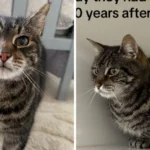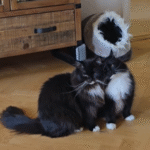As loving cat owners, we often find ourselves sharing our lives and sometimes our meals with our feline friends. However, what may be a delightful treat for us can sometimes be hazardous for our furry companions. Cats have unique dietary needs and sensitivities that differ significantly from humans. It’s crucial to be aware of the everyday foods that might pose a danger to them. Let’s delve into the surprising items that should be kept away from your cat’s curious paws.
Chocolate: Not Just a Dog Hazard
Chocolate is widely known for being dangerous to dogs, but many cat owners might not realize it is equally harmful to cats. Theobromine, a compound found in chocolate, affects the central nervous system and heart of cats. Even small amounts can lead to symptoms such as vomiting, diarrhea, and even seizures. Dark chocolate and baking chocolate contain higher levels of theobromine, making them particularly dangerous. While cats are less likely than dogs to consume chocolate due to its bitter taste, it’s crucial to ensure it’s kept out of reach.
Onions and Garlic: Flavorful but Fatal
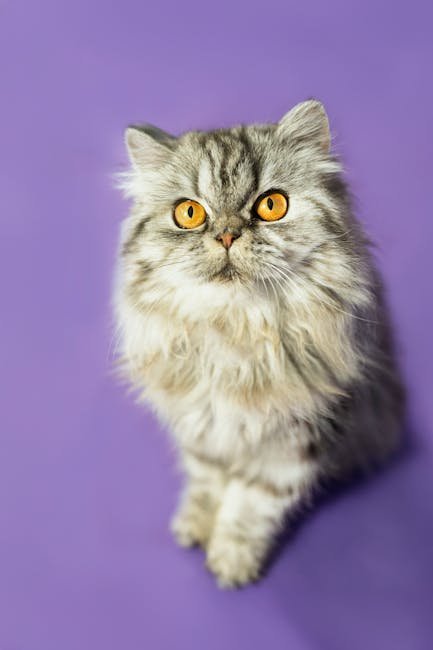
Onions, garlic, and other members of the allium family can cause severe health issues in cats. These vegetables can damage red blood cells, leading to anemia. Even cooked or powdered forms can be harmful. Symptoms of onion or garlic poisoning may include lethargy, weakness, and reduced appetite. For cats, even a small amount can be toxic, so it’s important to keep any form of these foods far from their reach. Always check ingredient lists for onion or garlic powder when sharing human food with your cat.
Grapes and Raisins: Tiny but Troublesome

Grapes and raisins are healthy snacks for humans but can cause kidney failure in cats. The exact toxic compound is unknown, but ingestion can lead to vomiting, lethargy, and a decrease in urination. It’s crucial to recognize the symptoms early, as prompt veterinary intervention can be life-saving. Even one or two grapes or raisins can be dangerous, so it’s best to avoid offering these as treats. Always be cautious with foods that may accidentally contain these fruits, like certain baked goods.
Caffeine: Energizing for Humans, Detrimental to Cats
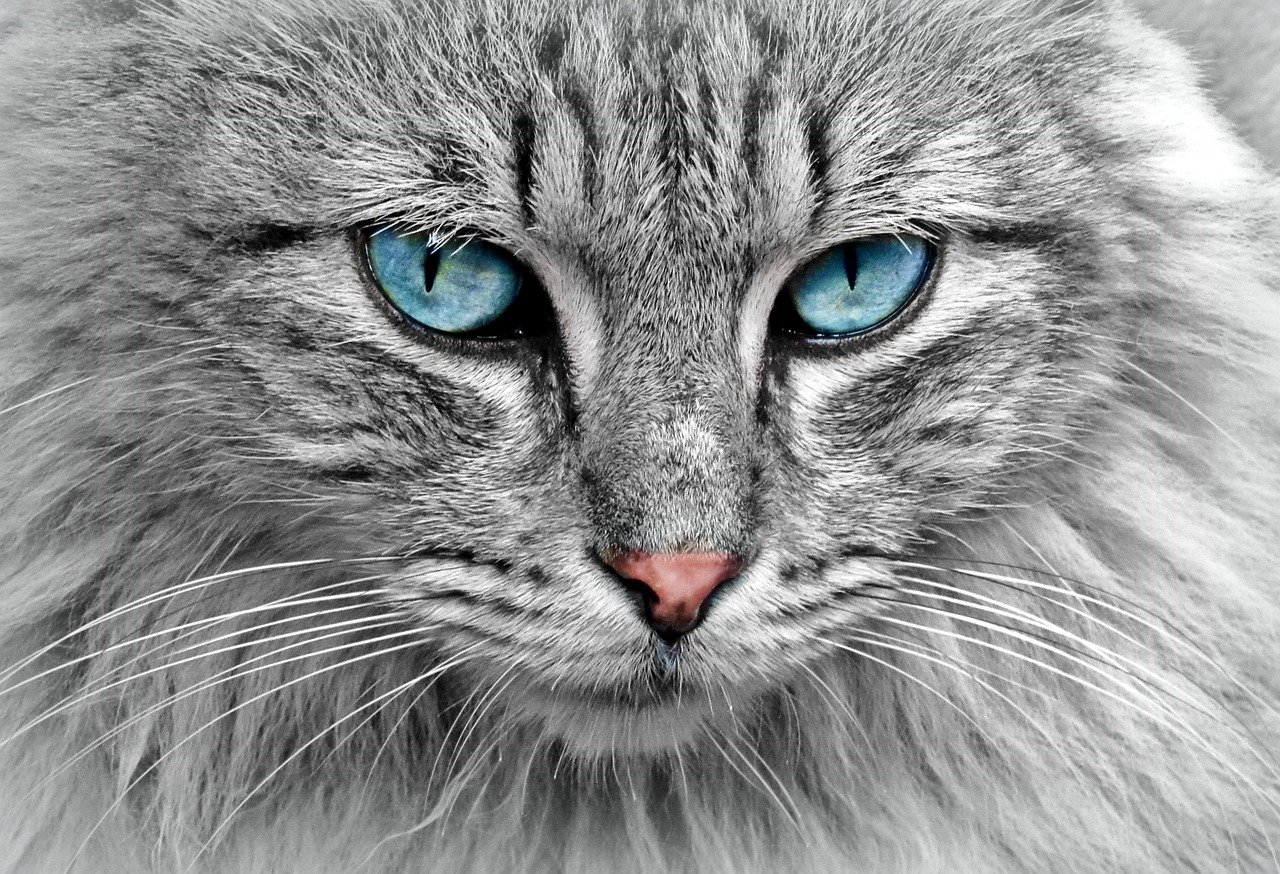
Caffeine is a stimulant that can have severe effects on a cat’s heart and nervous system. Found in coffee, tea, and energy drinks, caffeine can cause restlessness, rapid breathing, and heart palpitations in cats. Unlike humans, cats cannot metabolize caffeine efficiently, leading to prolonged and potentially life-threatening symptoms. Be mindful of where you place your caffeinated beverages and ensure that your cat does not have access to them. Even small sips can be hazardous.
Alcohol: No ‘Happy Hour’ for Cats
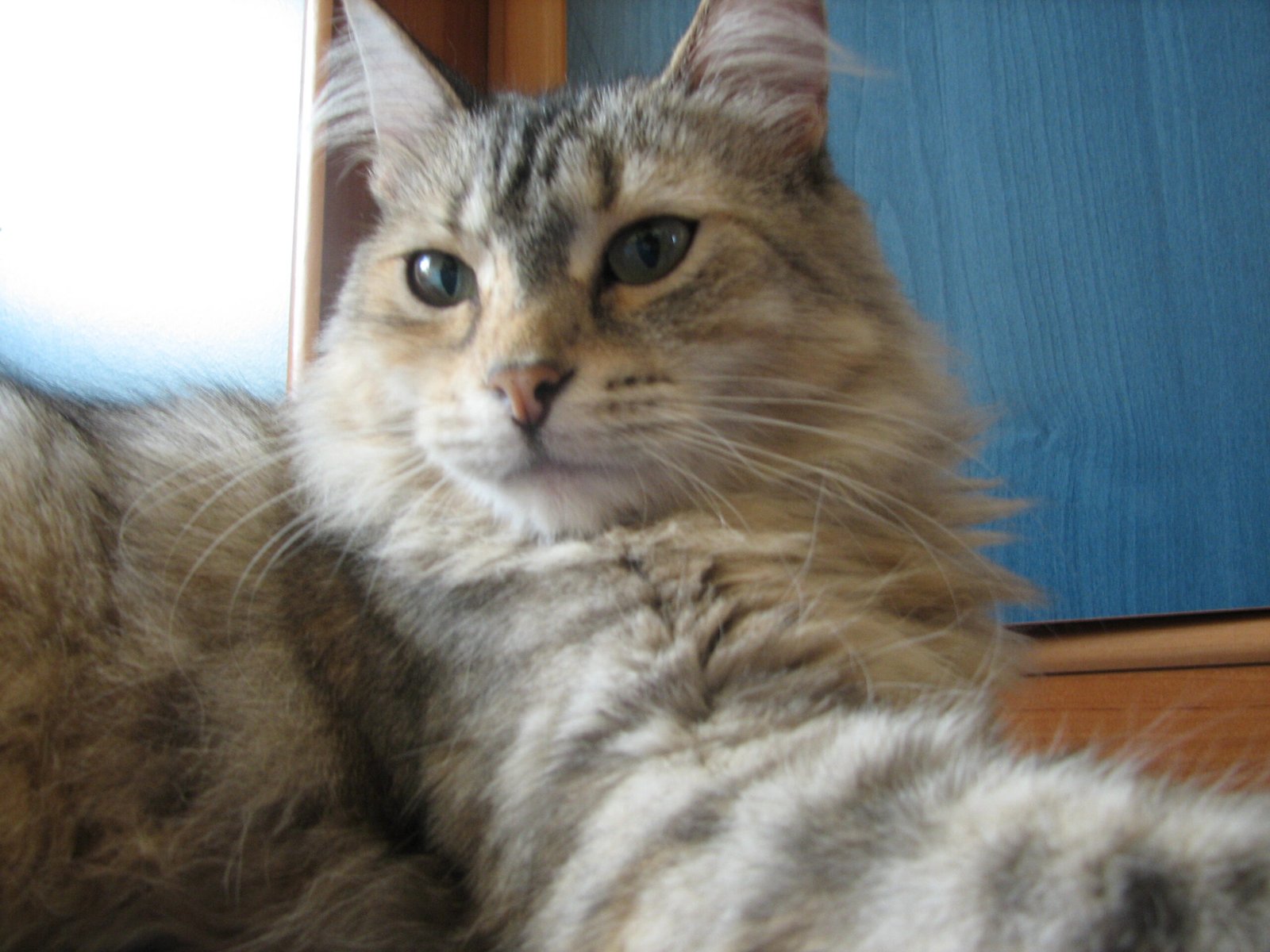
Alcohol consumption is dangerous for cats, even in small amounts. It can cause vomiting, diarrhea, difficulty breathing, and even coma or death. Cats are much more sensitive to alcohol than humans, and their smaller size means that even a tiny amount can have severe effects. Alcohol can be found in foods like rum-soaked desserts and certain sauces, so be vigilant about keeping these items away from your pets. Always clean up spills promptly to prevent accidental ingestion.
Dairy Products: Not Always a Treat
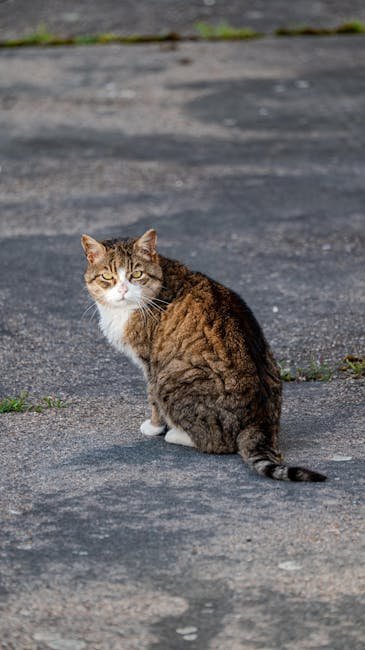
It’s a common misconception that cats love milk and other dairy products. While some cats might enjoy the taste, many are lactose intolerant and cannot digest dairy properly. This can lead to digestive upset, including diarrhea and stomach pain. If you want to offer your cat a special treat, consider lactose-free options specifically designed for pets. Always monitor your cat’s reaction to new foods to ensure they don’t experience any adverse effects.
Raw Eggs: A Risky Breakfast
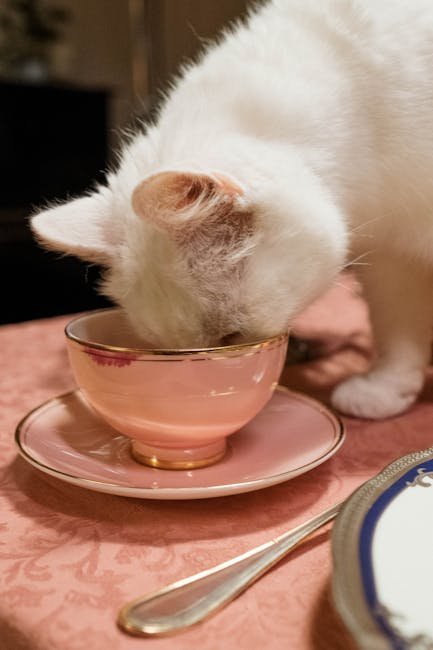
Raw eggs can pose a risk to cats, much like they do to humans. They can contain bacteria such as Salmonella and E. coli, which can lead to food poisoning. Additionally, raw egg whites contain avidin, a protein that can inhibit the absorption of biotin, leading to skin and coat problems. Cooking eggs eliminates these risks, but it’s generally safer to offer your cat a balanced cat food diet. If you do choose to feed eggs, ensure they are thoroughly cooked and given in moderation.
Raw Fish: Not as Healthy as It Seems
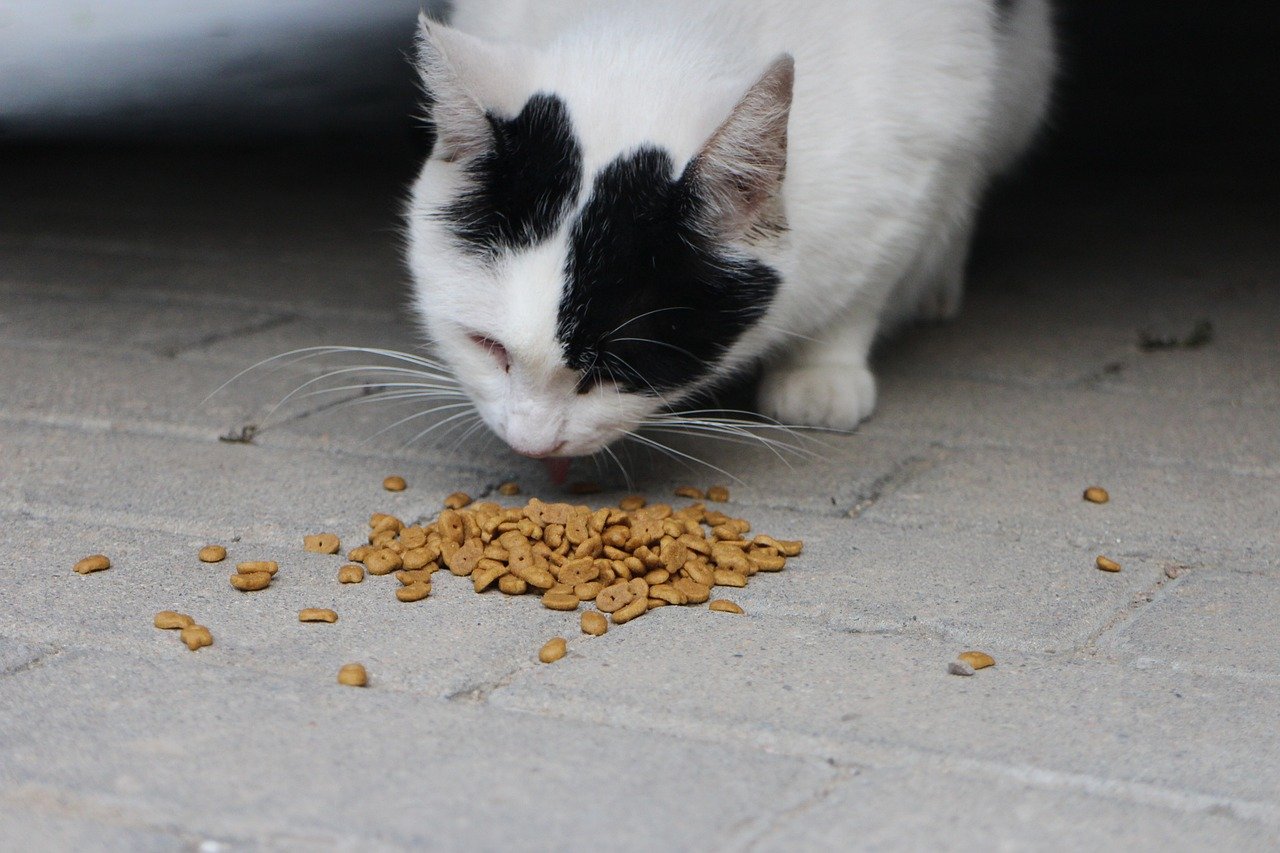
Feeding raw fish to cats can lead to a deficiency in thiamine, an essential B vitamin. Some raw fish contain an enzyme called thiaminase, which destroys thiamine. A deficiency can result in neurological issues, including seizures. Cooking the fish destroys thiaminase, making it safe for consumption. However, it’s important to note that fish should not be a staple in a cat’s diet due to potential mercury content and should be offered only as an occasional treat.
Avocado: A Trendy but Toxic Fruit
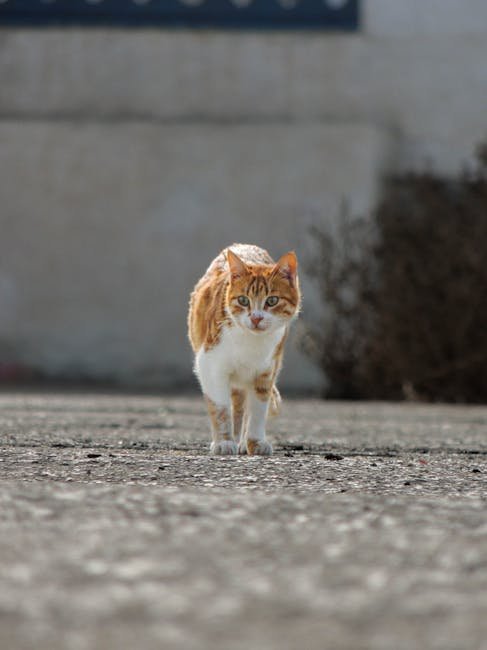
Avocados are often touted as a superfood for humans, but they are not safe for cats. The fruit contains persin, a substance that can cause vomiting and diarrhea in cats. Although cats are less likely to consume avocados due to their texture and taste, it’s important to be cautious. Keep avocados and dishes containing them, like guacamole, out of your cat’s reach. If your cat shows interest in this trendy fruit, make sure they only encounter it under supervision.
Yeast Dough: A Rising Danger
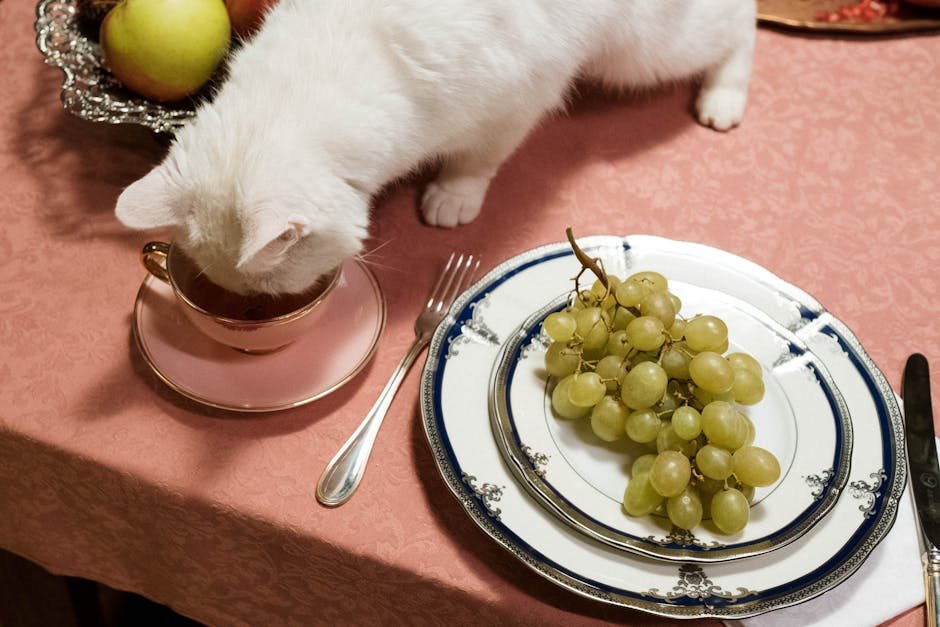
Unbaked bread dough containing yeast can be dangerous if ingested by cats. The dough can rise in the warm environment of a cat’s stomach, leading to bloating and discomfort. Additionally, the fermentation process produces alcohol, which can result in alcohol poisoning. Always store raw dough safely and ensure it is out of your cat’s reach. If you’re baking at home, clean up any spills or crumbs promptly to prevent your cat from having a potentially harmful snack.
Xylitol: Sweet for Humans, Toxic for Cats

Xylitol is a sugar substitute commonly found in sugar-free gum, candies, and some baked goods. While it’s safe for humans, it’s highly toxic to cats, leading to a rapid release of insulin, hypoglycemia, and even liver failure. Symptoms can appear quickly, including vomiting, coordination loss, and seizures. Always read labels carefully and avoid sharing foods containing this sweetener with your cat. If your pet ingests xylitol, seek veterinary care immediately.
Conclusion

Understanding the dietary dangers for cats is crucial for every pet owner. Cats rely on us to make safe and nutritious choices for them. By being aware of these surprisingly dangerous everyday foods, you can help ensure your feline friend remains healthy and happy. Always consult with a veterinarian if you’re unsure about the safety of a particular food. Remember, the best diet for cats is one that respects their unique nutritional needs.
Hi, I’m Bola, a passionate writer and creative strategist with a knack for crafting compelling content that educates, inspires, and connects. Over the years, I’ve honed my skills across various writing fields, including content creation, copywriting, online course development, and video scriptwriting.
When I’m not at my desk, you’ll find me exploring new ideas, reading books, or brainstorming creative ways to solve challenges. I believe that words have the power to transform, and I’m here to help you leverage that power for success.
Thanks for stopping by, Keep coming to this website to checkout new articles form me. You’d always love it!

